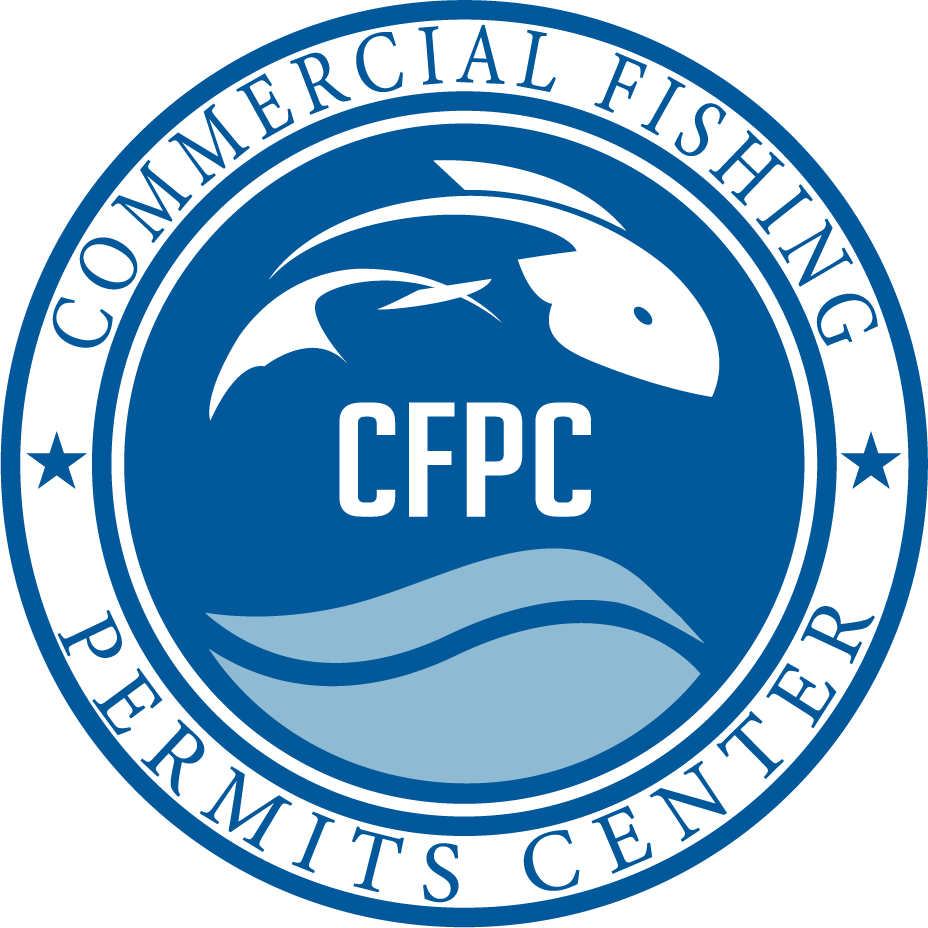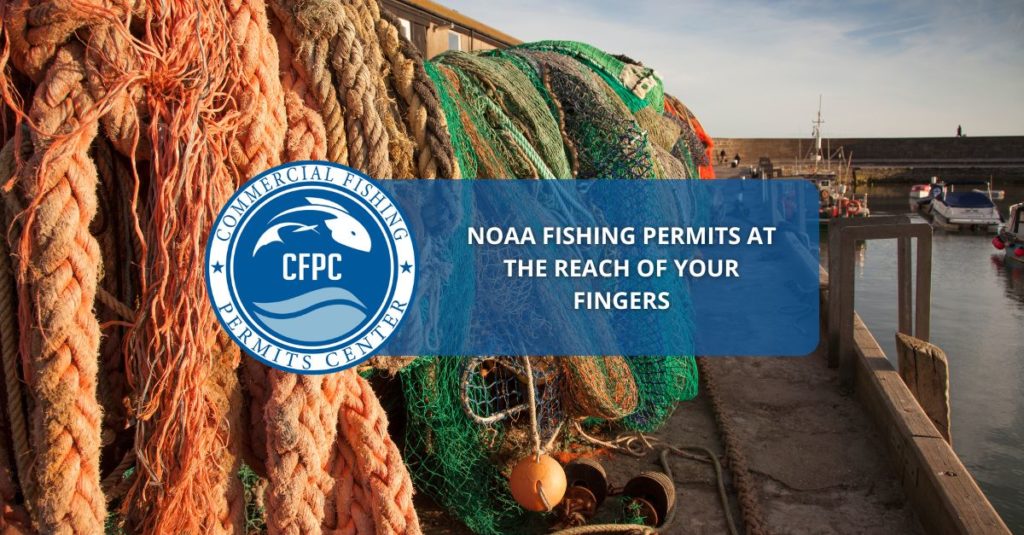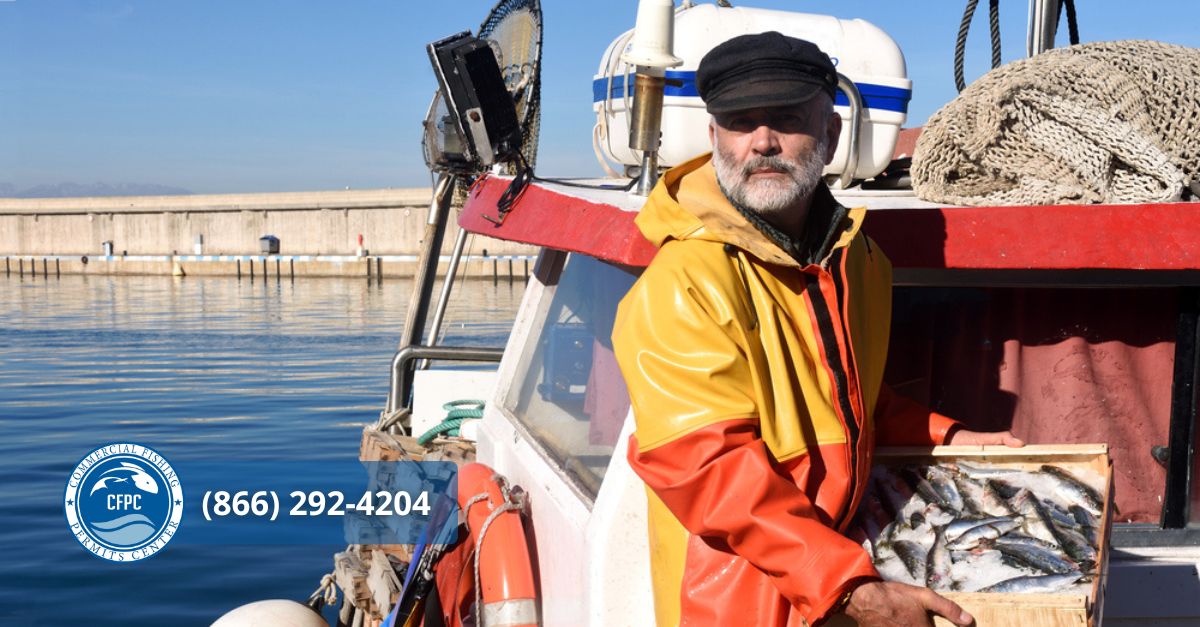The best way to launch a fishing business is by adhering to the appropriate regulations. Successful commercial and industrial fishing activities can yield substantial profits. If done correctly, commercial fishing using longlines, traps, or nets can be a very lucrative business. The United States regulates commercial fishing in federal waters with economic and ecological considerations in mind. If you have a thorough understanding of U.S. fishing regulations, you will be in a better position for success and compliance with the law. Continue reading to discover how regulations and NOAA fishing permits apply to your business plan.
What Is The Role Of NOAA?
The National Oceanic and Atmospheric Administration (NOAA) is in charge of enforcing regulations governing the recreational and commercial use of federal waters. A congressional act gives them the authority to create and implement laws that affect citizens, corporations, and governments at all levels of authority. After NOAA becomes aware of a problem or concern, regulations are drafted to remedy or solve it. Even though there isn’t always a set format or structure for regulations, they usually go through a few stages.
How Are Commercial Fishing Regulations Developed?
NOAA collects information and potential solutions to the problem at hand as a first step. In reality, these concepts often originate with the general public. Then, technical analysis is utilized to examine potential outcomes, and the potential consequences of the resolution are weighed. After a short list of prospective resolutions has been compiled, public hearings are held to elicit local input.
A Formula for Success
Now that you have a solid understanding of fishing, you can move on to the more practical parts. Establishing objectives and rules not only helps you get started in the short term but also contributes to the development of the larger picture. Having all the proper documentation is also a requirement for prospective partners and investors.
As part of your business plan, you should examine the fishing market. Where can the largest fishing business be found? What are the average profit margins, and what market forces are at play? What are the most current trends and statistics? Do you intend to be the company’s sole owner, or will you also serve as its “captain”? Your decision will determine which tasks you can delegate within the company’s structure.
How has the market changed, and what do these numbers imply for the future of the industry as a whole? Even though it’s unlikely that the fishing business will ever go away, all businesses go through periods of growth and decline. Before trying to get into the fishing business, it’s important to know how it’s doing right now.
Compliance With Necessary Permits and Regulations
If you engage in commercial fishing, it is in your best interest to adhere to local, state, and federal laws. If you do not comply with NOAA’s rules and regulations, your company and the jobs of your employees could be at risk.
Should you choose to use a private service, such as the Commercial Fishing Permits Center, you may locate all the necessary forms in one location. You will not have to waste time physically completing and mailing paper applications. Because our web portal is secure and simple to use, you can rest assured that your application will be submitted in full and immediately processed.
You Can Count On Us to Acquire the Required Permits.
We can help you secure both federal and state permissions, which are essential for your business to operate on waterways. We have every form and registration document that your business may require. Please contact us immediately so that one of our expert service representatives can address your inquiries.
Expenses Related to Beginning Your Commercial Business
Taking into account the various associated costs is another crucial aspect of any commercial enterprise. There are numerous expenses to consider, including dockage, insurance, and equipment, as well as costs connected with bait, ice, utilities, repairs, management, legal advice, boat maintenance, and depreciation. Additionally, just as a boat requires fuel and oil, you’ll also need to consider business and commercial fishing permits.
Fortunately, there are several financial alternatives if you don’t have the necessary budget at hand. Make an appointment with a local bank and present your business strategy, including a breakdown of your capital needs and estimated return on investment. There, you may also open a company credit card and bank account.
Need a Fishing License? We Have What You Need
Now that you have a better understanding of NOAA fishing permits and commercial fishing, it is time to determine which ones you will need. Permits are issued regionally at the federal level. For instance, if you intend to fish for Cod in the Mid-Atlantic or New England regions, there is a permit designed specifically for you. Likewise, if you intend to capture shellfish in the Southeast.
After identifying the necessary permits, why not collaborate with us? At the Commercial Fishing Permits Center, we have online applications for all necessary permits that are simple to complete. Contact one of our knowledgeable customer service experts immediately for more information.



No Comments
Be the first to start a conversation